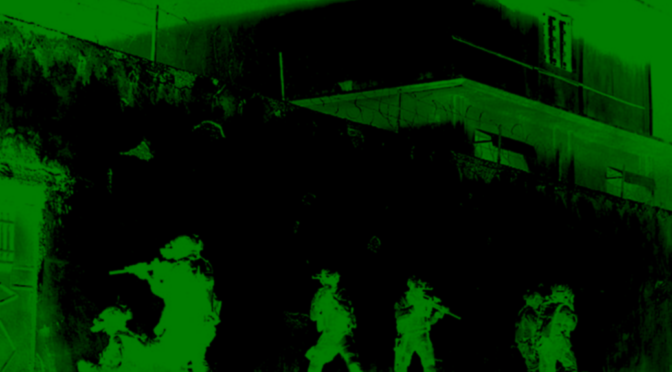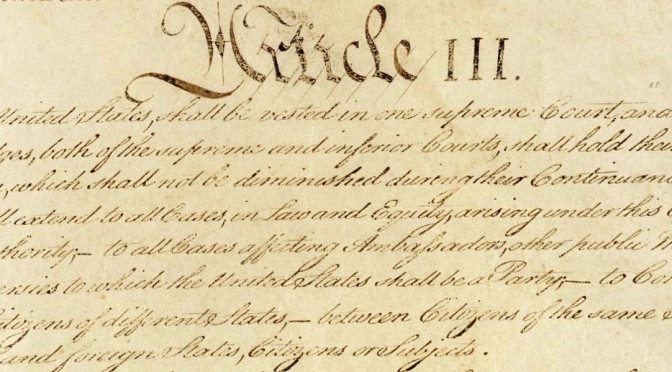MAJ Peter Combe argues that the covert action statute prohibits the Central Intelligence Agency from violating self-executing treaties to which the United States is party, as well as non-self-executing treaties and customary international law implemented by statute, but it provides domestic legal authority to violate non-self-executing treaties and customary international law that have not been… Continue reading The Covert Action Statute: The CIA’s Blank Check?
Tag: International Humanitarian Law
International Law & Military Strategy: Changes in the Strategic Operating Environment
In this article, Kevin Rousseau explores the ways in which the modern focus on international humanitarian law has affected strategic decisions of both weak and major powers. Rousseau provides examples of “lawfare” in action and concludes by observing that waning principles of sovereignty require the state to adapt to the changing international legal operating environment… Continue reading International Law & Military Strategy: Changes in the Strategic Operating Environment
The Implications of Trying National Security Cases in Article III Courts
The Honorable Lewis A. Kaplan draws on his voluminous experience on the federal bench to illuminate some of the special concerns that attend terrorism and national security cases. Kaplan reviews several judicial challenges unique to terrorism cases, including classified information issues and the use of defendants’ statements in the course of prosecution. He concludes that… Continue reading The Implications of Trying National Security Cases in Article III Courts



